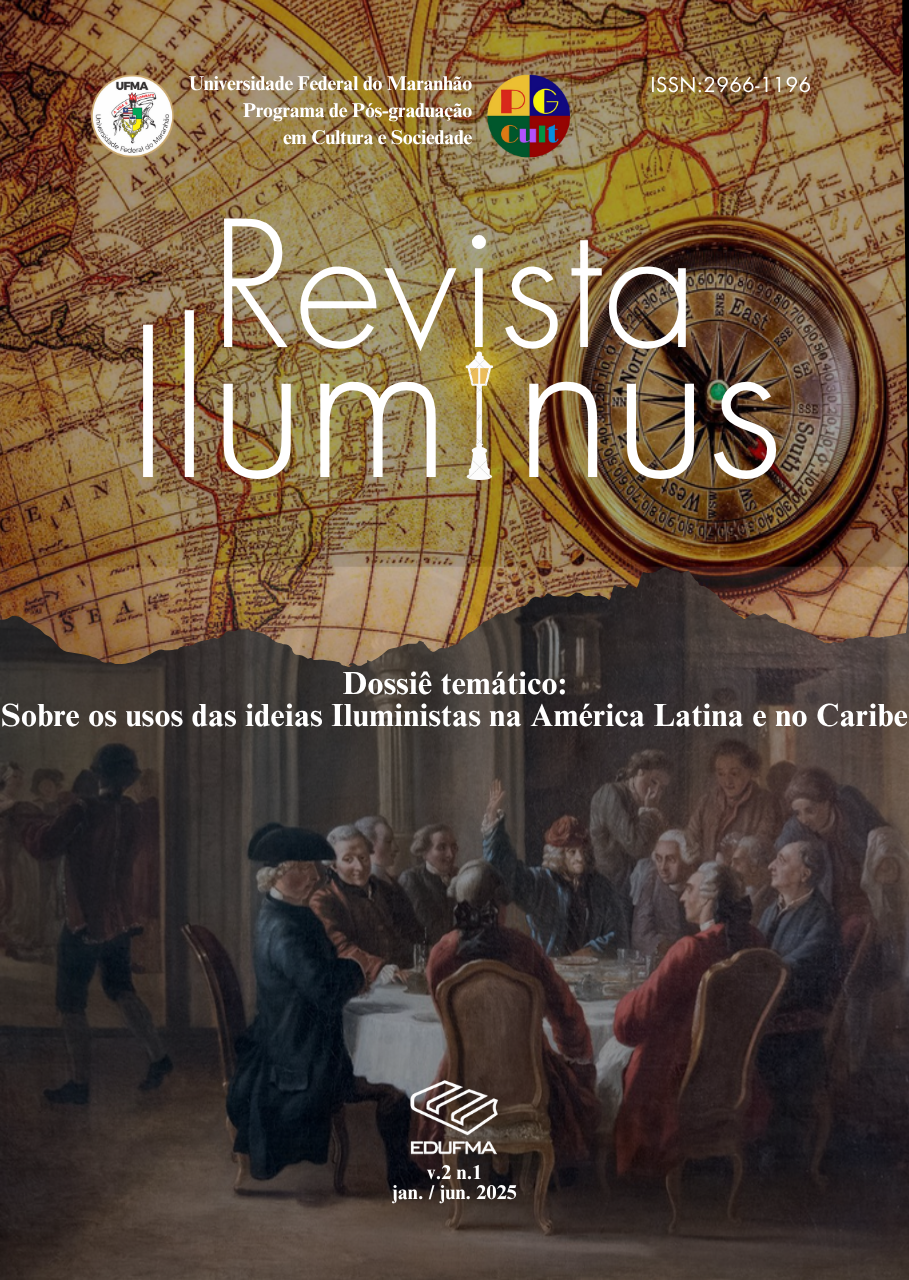Formação moral e constituição da sociabilidade no Emílio de Rousseau: a educação das paixões
DOI:
https://doi.org/10.18764/2966-1196.v2n1e26744Parole chiave:
Educaçao moral, Sociabilidade, Paixões, RousseauAbstract
Jean-Jacques Rousseau foi um importante filósofo iluminista que se dedicou a pensar não só a sociedade do século XVIII e o modo como viviam os homens, escravos uns dos outros e de suas próprias paixões, mas que também se debruçou a pensar a natureza, a condição humana e a educação. Tendo como base o estudo do Segundo Discurso e do Livro IV do Emílio ou da educação, o presente artigo pretende analisar a possibilidade da formação virtuosa das paixões no pensamento educacional de Rousseau. A metodologia consiste em estudos de bibliografia das obras de do filósofo genebrino e outros especialistas. A hipótese é de que a gênese da sociabilidade e o modelo antropológico apresentados no Segundo Discurso, o escrito político-filosófico, servem como quadro para se pensar, na obra pedagógica, a educação moral do menino Emílio e a constituição de uma sociabilidade agregadora pela educação do amor-próprio para seu lado positivo de maneira conjugada à piedade.
Downloads
Riferimenti bibliografici
DALBOSCO, Cláudio Almir. Ambiguidade do amor-próprio e formação virtuosa da vontade. Educação, v. 38, n. 1, p. 147-156, jan.-abr. 2015. Disponível em: https://doi.org/10.15448/1981-2582.2015.1.16335 . Acesso em 10/04/2025.
DALBOSCO, Cláudio Almir. Condição humana e educabilidade: um problema nuclear das teorias educacionais clássicas. Rev. Bras. Hist. Educ., 18(48), 2018. p.1-20. Disponível em: https://doi.org/10.4025/rbhe.v18.2018.e013. Acesso em 10/04/2025.
DALBOSCO, Cláudio Almir. Condição humana e formação virtuosa da vontade: profundezas do reconhecimento em Honneth e Neuhouser. Educ. Pesqui., São Paulo, v. 40, n. 3, p. 799-812, jul./set. 2014. Disponível em: https://doi.org/10.1590/s1517-97022014091625. Acesso em 10/04/2025.
KAWAUCHE, Thomaz. Ordenar as paixões: reconhecimento e sociabilidade no Emílio de Rousseau - segunda parte. Revista Dialectus, n.15, p.328-362, 2019. Disponível em: https://doi.org/10.30611/2019n15id43153. Acesso em 09/04/2025.
KAWAUCHE, Thomaz. Educação e Filosofia no Emílio de Rousseau. São Paulo: Editora Unifesp, 2021.
PIMENTA, Pedro Paulo Garrido. Rousseau, Lévi-Strauss e o fim da filosofia. Ponto Urbe (USP), v. 15, p. 1-8, 2014. Disponível em: https://doi.org/10.4000/pontourbe.2428. Acesso em 09/04/2025.
ROUSSEAU, Jean-Jacques. Discurso sobre as ciências e as artes. In: Os pensadores/Rousseau. 1.ed. São Paulo: Victor Civita, 1973a. p.329-360.
ROUSSEAU, Jean-Jacques. Discurso sobre a origem e o fundamento da desigualdade entre os homens. In: Os pensadores/Rousseau. 1.ed. São Paulo: Victor Civita, 1973. p. 207-32.
ROUSSEAU, Jean-Jacques. Emílio ou da educação. 3.ed. São Paulo: Difel, 1979.
SILVA, Genildo Ferreira da. Moral e Sentimento em J.-J. Rousseau. In: MARQUES, J. O. de A. (Org.). Reflexos de Rousseau. São Paulo: Humanitas, 2007, p.47-68.
SOUZA, Maria das Graças de. Ilustração e história: o pensamento sobre a história no Iluminismo Francês. São Paulo: Discurso Editorial, 2001.
SOUZA, Maria das Graças de. Ocasião propícia, ocasião nefasta: tempo, história e ação política. Trans/Form/Ação, São Paulo, 29(2): 249-256, 2006. Disponível em: https://doi.org/10.1590/S0101-31732006000200017. Acesso em 10/04/2025.
VARGAS, Thiago. A piedade no Emílio: solução possível para leitura smithiana do Segundo Discurso?. Dois Pontos (UFPR) Digital, v. 16, n.1, p. 119-134, 2019. Disponível em: http://dx.doi.org/10.5380/dp.v16i1.59238. Acesso em 09/04/2025.
Downloads
Pubblicato
Come citare
Fascicolo
Sezione
Licenza
Copyright (c) 2025 Revista Iluminus

TQuesto lavoro è fornito con la licenza Creative Commons Attribuzione 4.0 Internazionale.
A Revista Iluminus está licenciada com uma Licença Creative Commons Atribuição 4.0 Internacional.













